Waves lash against the sides of the boat.
The deck is completely soaked, as are most of the crew – who are crying out commands as they pull someone from the dark and stormy sea.
Thankfully, their rescue this time is a mannequin.
But for 365 days of the year, 24 hours a day, the Peterhead RNLI team are primed to head out in challenging conditions to save lives.
Since the start of the year, the crew has been launched 15 times to save someone in peril.
To ensure they are equipped with the necessary skills, the crew regularly undergo training exercises – like the one The Press and Journal has been invited onboard to see.
Already this year the Peterhead team has completed 48 training exercises, which is four times greater than the desired requirement.
The P&J headed out on The Misses Robertson of Kintail, to be put through the paces of one of the RNLI’s training scenarios.
Man overboard practice rescue
Today, eight of the volunteers are practising a man overboard scenario using a life-size doll known to the crew as Dead Fred.
Coxswain Pat Davidson said: “It’s quite a lot of work, piecing this exercise together.
“This exercise is more evolved and takes a bit longer than any of the other training scenarios.
“For instance, we needed some onshore team tonight to deploy the dummy to make it more realistic.
“I decided what exercise we would do tonight. Normally, I’ll have a look to see who is needing assessed and take it from there.”
In this scenario, the crew was tasked with rescuing Dead Fred after he fell from Ugie Bridge.
The lifeboat – Misses Robertson of Kintail – launched from the station at Peterhead Harbour at around 6.30pm and we hurtled over the waves to get to the scene shortly after.
Two of the team, Jake Strachan and Sandy Garvock, were then placed into the Y-class lifeboat – a small inflatable rescue boat – to recover the mannequin.
Making their way across choppy waters, the pair sped off.
After safely retrieving Fred, they worked with those onboard the larger boat to transfer him safely.
Mr Garvock was then tasked with first aid, going through the medical procedures as the rest of the crew hung back to help with navigation and other onboard procedures.
It was in this moment, myself and photographer, Darrell Benns took hold of the wheel and steered us back to dry land.
RNLI welcome people from all backgrounds
The crew is expected to complete this particular training exercise once a year, newly qualified coxswain Fergus McGlone tells us.
“Every crew member is expected to complete at least 12 training exercises a year,” he said. “But, the volunteers in Peterhead come every one to two weeks.”
With up to 15 different training scenarios, the team also cover search and rescue, anchoring and towing, to name a few.
“We need to maintain a minimum level of competence and make sure that we are being safe” he added.
Mr McGlone joined the station in 2021 after a career as a speech therapist with the NHS.
He says: “The opportunity to combine being at sea while also doing all I could to help people in trouble was one I couldn’t pass up, so here I am.”
Having no previous RNLI experience, he began crew training straight away, moving on to his navigator and coxswain training after the first few months.
Even though he found training to be somewhat of an “intense experience”, his maritime background helped steer him in the right direction.
“I had not previously been an RNLI volunteer so I had a lot to learn in a short space of time” he said.
RNLI Peterhead training: who can be part of the crew?
RNLI Peterhead has around 21 regular attendees, who have joined the team from a variety of professional backgrounds.
Only one in 10 individuals who join the RNLI actually come from a maritime background.
Mr McGlone added: “There’s this idea that if you want to join the RNLI, you have to have had previous boating experience. That’s not the case.
“Having a variety of positions allows development.
“You can come on as crew and work your way through, helming, navigation, mechanics and eventually the coxswain role.”
The station opens applications once or twice a year, depending on the need.
Regional media officer Natasha Bennet added: “Regardless, if you are a salty sea dog, a teacher, hairdresser, or a postman, you can come in and receive the same training.
“Sometimes our stations go quiet, which is a good thing. But, in the meantime our crews are staying busy, they are always training.”
The Peterhead crew want to spark as much interest in their local station as possible, and encourage anyone who is thinking about volunteering to get in touch.
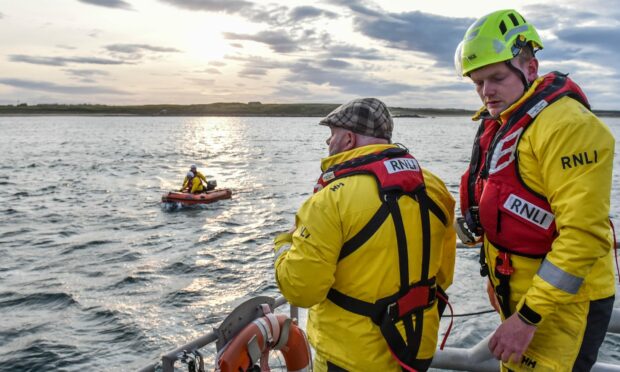

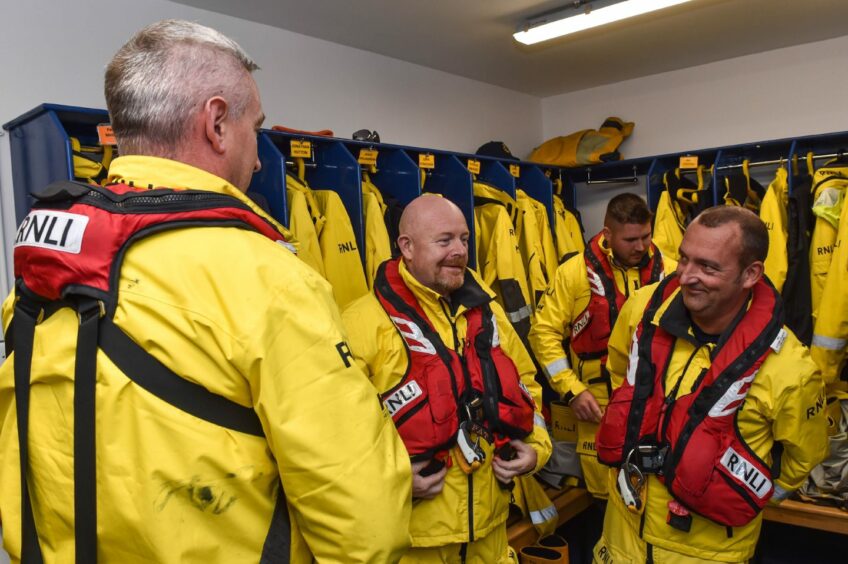
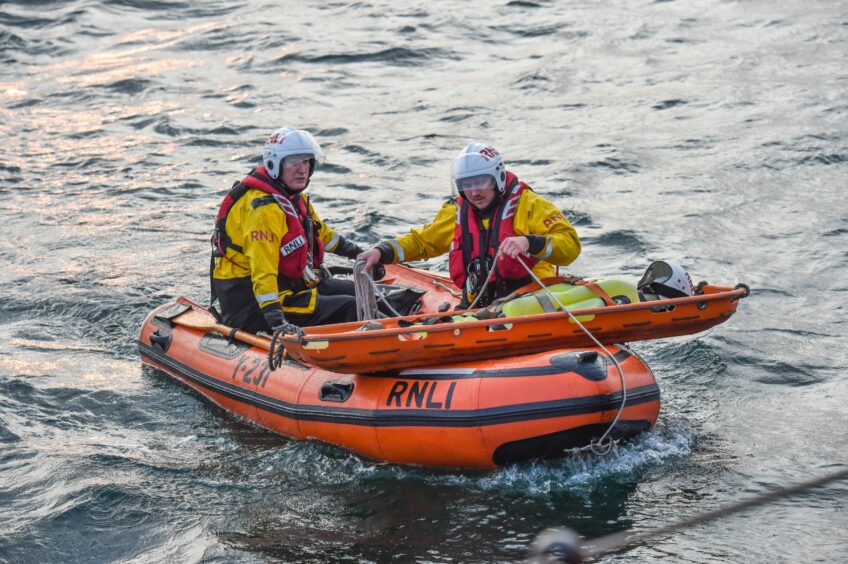

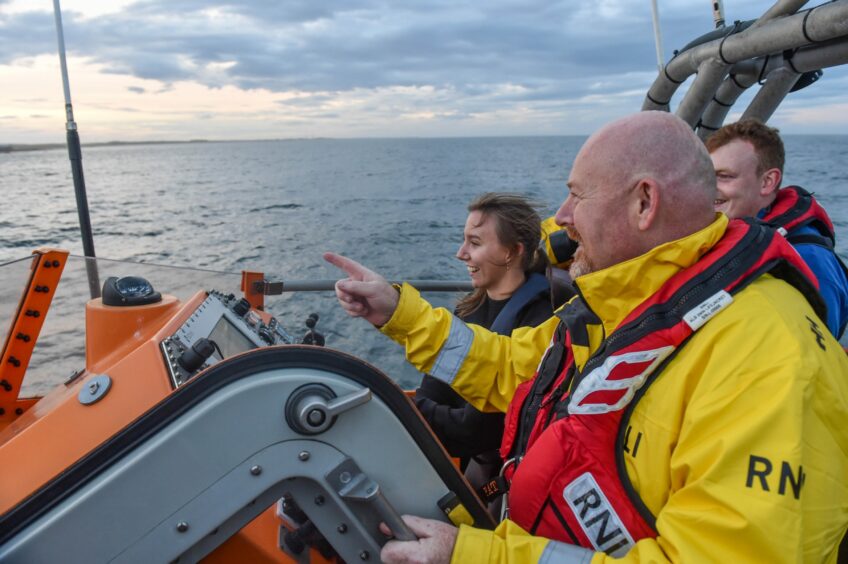
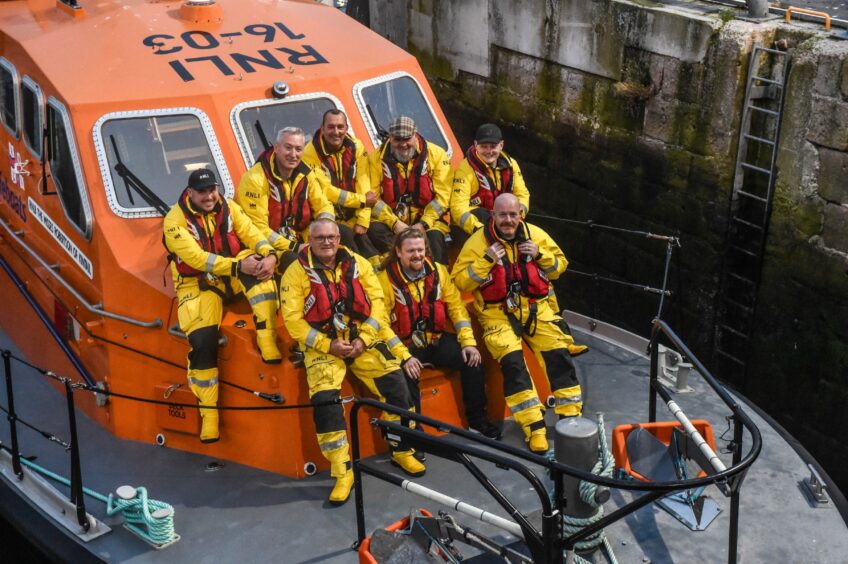
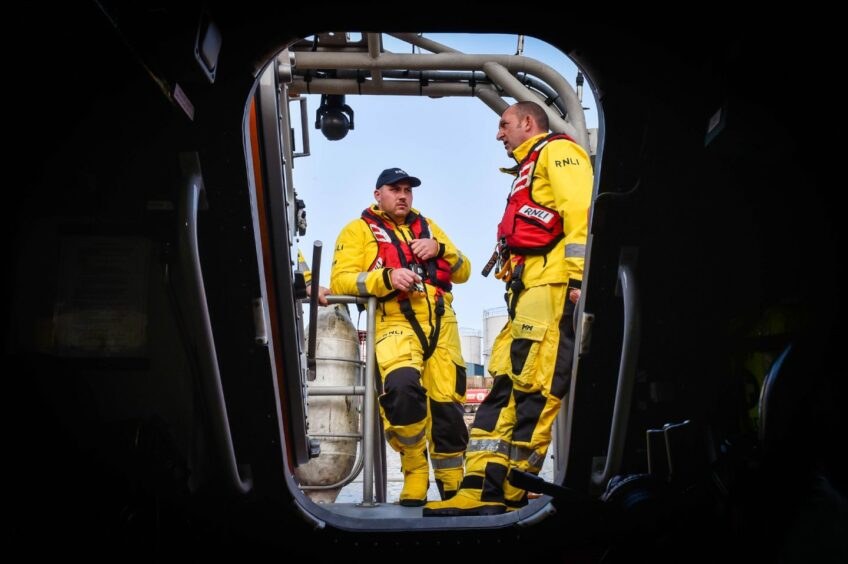


Conversation